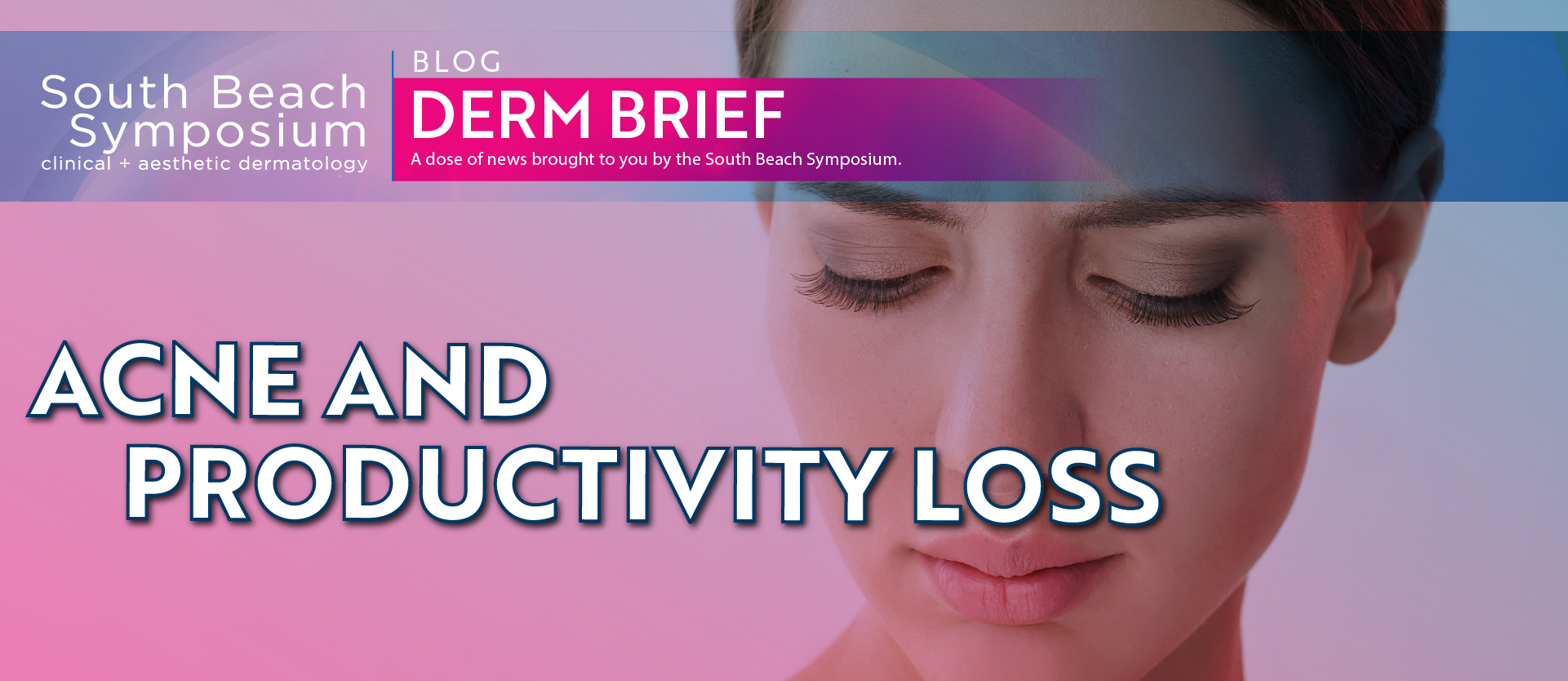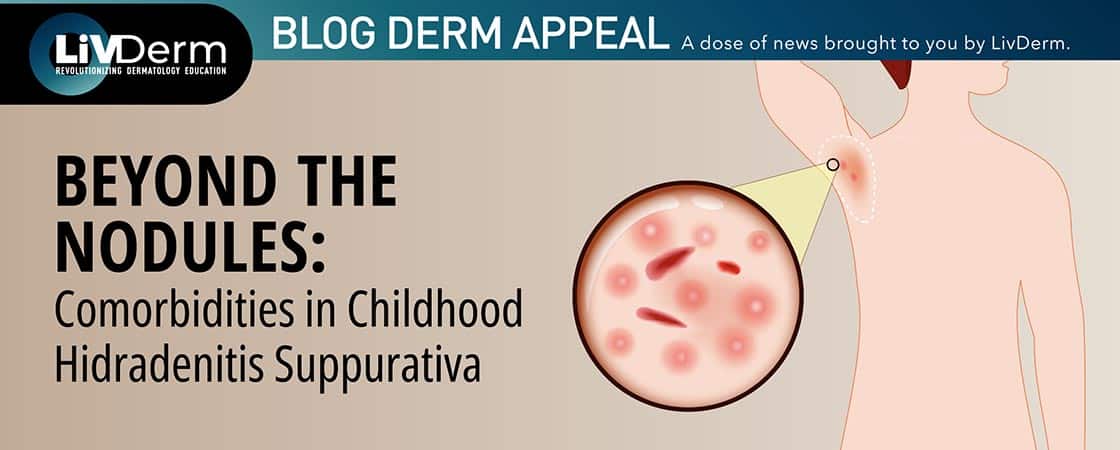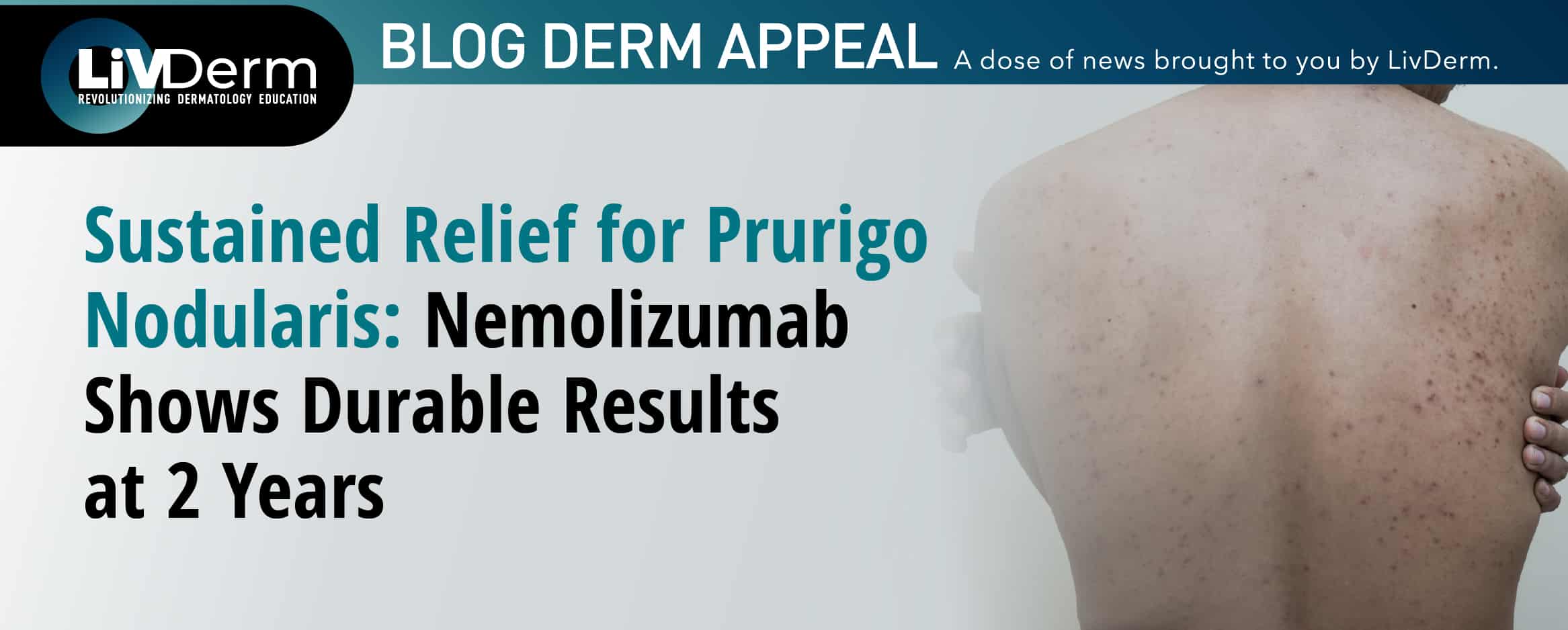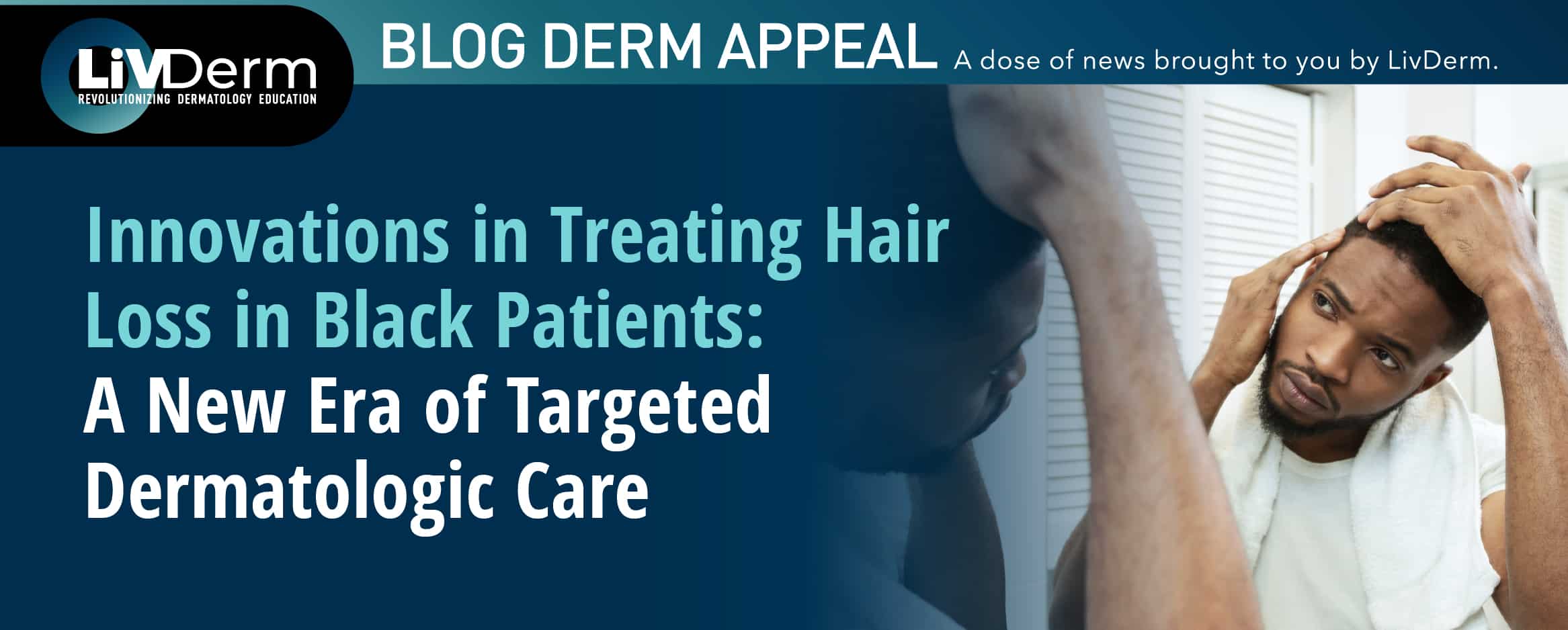One of the most common skin conditions in the U.S. is increasing in prevalence, now affecting up to 50 million adults annually. Although reasons behind the increasing rate of acne and acne relapses are yet to be determined, numerous studies have been conducted to evaluate the physical and psychological effects of the condition. A recent study supported by La Roche-Posay Dermatological Laboratories brought to light the detrimental effects of acne on productivity and quality of life.
Led by Dr. Charles Taieb, the French study investigated the correlation between rates of acne relapses and their impact on quality of life and productivity levels in teenagers and adults. Of the 1,048 participants, 44% reported having experienced an acne relapse while 92.4% of respondents had suffered several relapses within the year. In the majority of patients, relapses occurred in the same region with similar degrees of severity.
The researchers evaluated participants using the Cardiff Acne Disability Index (CADI), and determined that acne and acne relapses had a negative impact on reported quality of life. Poorer quality of life scores were found in patients over the age of 20 who suffered from relapses, than in younger participants regardless of relapse frequency. Additionally, relapse rates proved to be generation-dependent, affecting up to 53.3% of individuals over 20 and 40% of those under 20.
Acne relapse was proven a significant determinant of productivity loss and absenteeism, as well as a factor in impaired quality of life. During an acne relapse, over one third of patients expressed a feeling of fatality, while 31.7% reported anger. Acne-related absenteeism, in which patients missed work or school due to acne flare ups, was recorded in 5.7% of participants. According to the research team, the number of days missed due to acne relapses would total 350,000 days per year. The American Academy of Dermatology estimates that in 2013, productivity loss among patients and caregivers due to acne totaled nearly $400 million. With acne rates on the rise, this number can only be expected to grow.
While acne is one of the most common skin conditions affecting adolescents and adults, the psychological burden associated with it proves to be just as widespread. Previous studies have reported high emotional and social distress levels in patients with acne, similar to those recorded in chronic disabling conditions such as psoriasis, epilepsy, and arthritis. Lowered quality of life scores, increased self-consciousness, and negative effects on professional and academic performance were found in acne sufferers further proving the significant psychosocial impacts of the condition. Further research in this field should focus on identifying the underlying causes leading to psychological distress and absenteeism in certain groups of patients and not others.
The findings of the La Roche-Posay study highlight the need for appropriate management of acne patients, even those experiencing only mild symptoms to avoid potential damaging psychological consequences. Although increasing awareness of the negative psychosocial effects of acne is essential, providing holistic treatment options focused on improving quality of life will help mitigate absenteeism and productivity loss. Acne patients with significant quality of life impairment could possibly require additional treatment from a mental healthcare professional.

















